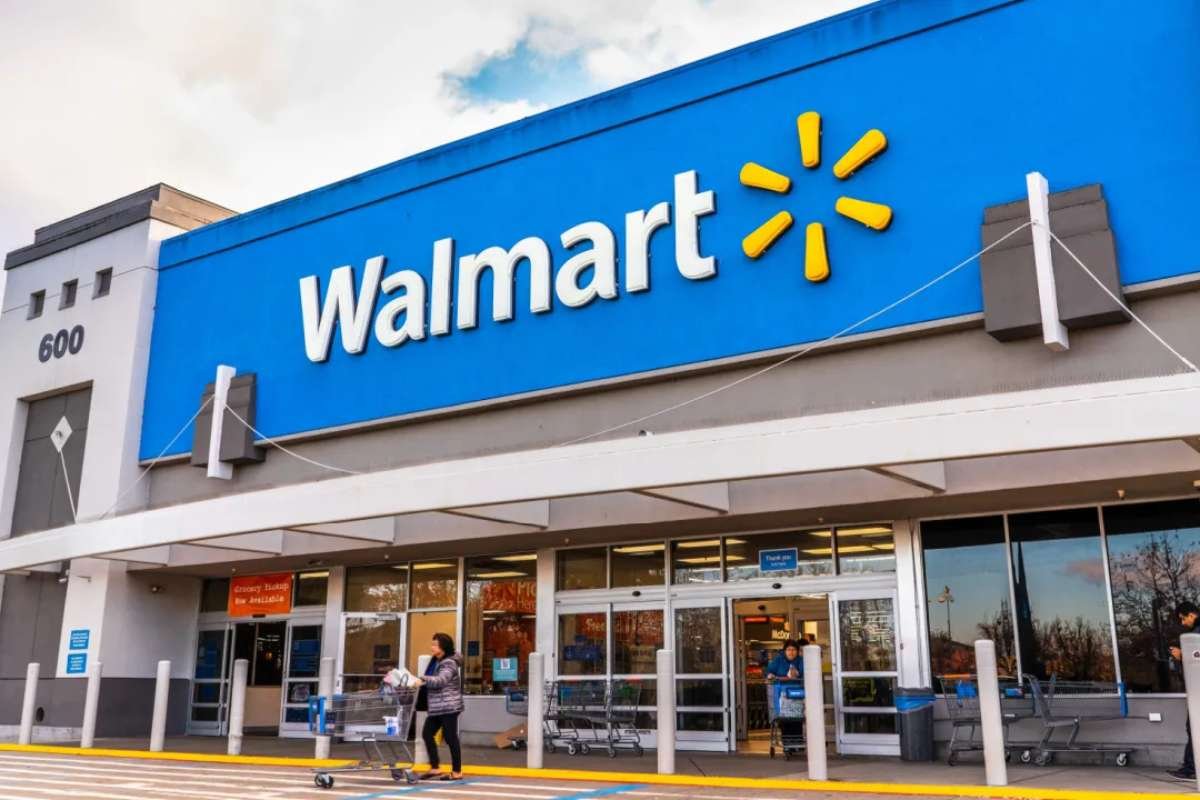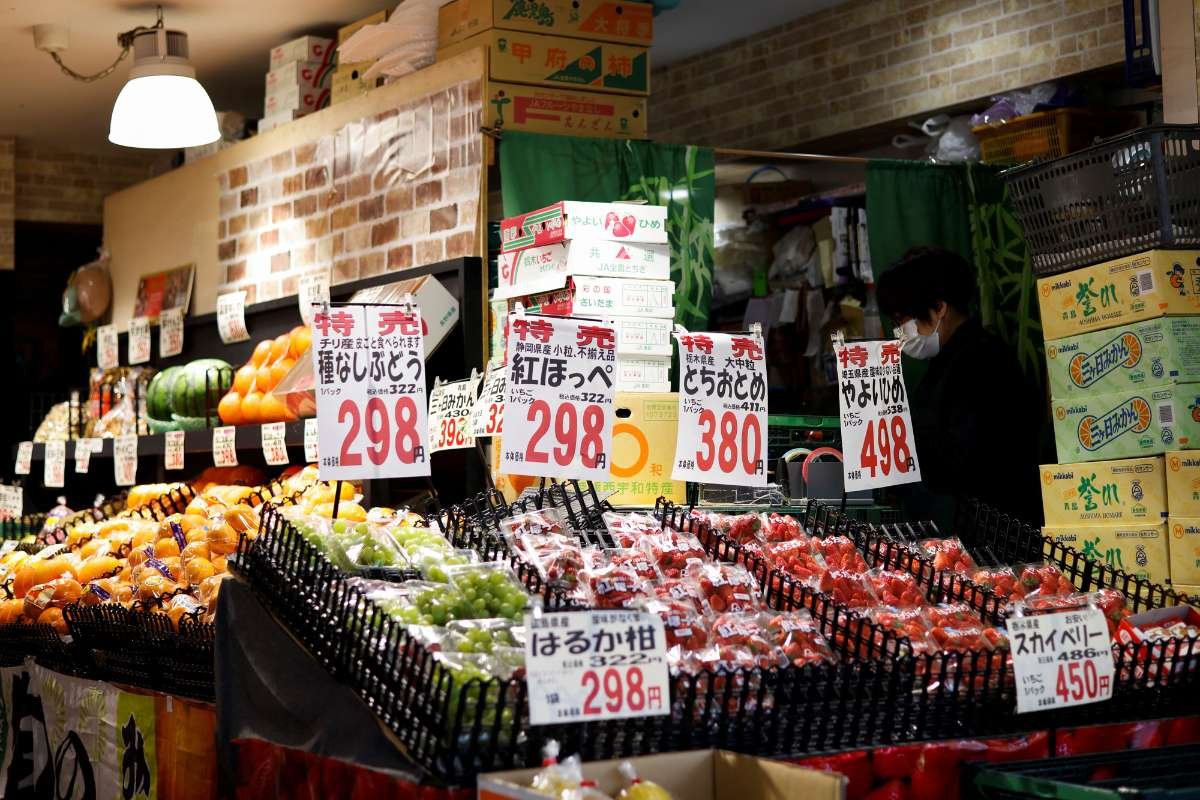Campbell Soup Company has announced plans to Campbell remove synthetic food colors from its products by fiscal 2026. The move is part of a sweeping reform within the packaged food industry as companies respond to shifting consumer preferences and growing concerns about the health impact of artificial ingredients.
The decision also reflects broader national health goals, with federal initiatives pushing food makers to embrace natural alternatives such as beet or carrot-based colorings. Campbell’s leadership emphasized that the transition would not compromise product quality or flavor but instead align the company’s portfolio with evolving market expectations for clean-label and transparent ingredients.
Earnings Forecast Undermined by Tariffs
Alongside its reformulation pledge, Campbell issued its fiscal 2026 profit outlook, signaling a more challenging year ahead. The company projected adjusted earnings per share between $2.40 and $2.55, representing a potential decline of up to 18% compared with the previous year. This figure fell below Wall Street expectations, largely due to mounting tariff costs.
Tariffs are estimated to account for around 4% of Campbell’s cost of goods sold, pressuring margins despite efforts to offset the impact. The company plans to implement targeted price increases and improve supply chain efficiencies, which it believes could absorb up to 60% of the tariff burden.
Even with these challenges, Campbell’s latest quarterly results offered a mixed picture. Net sales rose 1% to $2.32 billion, slightly under forecasts, while adjusted earnings of $0.62 per share surpassed expectations. After months of pressure on its stock, which had declined about 25% earlier in the year, shares gained 2.7% in premarket trading as investors responded positively to signs of resilience. The company’s decision that Campbell remove synthetic food colors by 2026 may further bolster investor confidence, aligning with broader health and transparency trends.
Industry Trends and Market Dynamics
Campbell’s announcement Campbell remove synthetic food colors comes at a time when food manufacturers across the United States are under increasing pressure to reformulate products in line with consumer and regulatory demands. Synthetic food dyes are being phased out industry-wide, with deadlines set for the end of 2026. The shift reflects a growing consensus among health authorities, policymakers, and consumers that natural alternatives should replace legacy artificial additives.
At the same time, the packaged-food sector is navigating a difficult financial environment. Inflationary costs and tariff-related expenses continue to strain margins, forcing companies like Campbell to strike a balance between innovation, compliance, and profitability.
Campbell’s dual strategy—Campbell remove synthetic food colors while navigating tariff headwinds—illustrates the challenges and opportunities facing legacy brands in a changing marketplace. While the financial forecast remains cautious, the company’s reformulation pledge may strengthen its brand position with health-conscious consumers, signaling a longer-term bet on transparency and trust in food labeling.
Visit The Enterprise World for the most recent information.
Sources:
https://www.reuters.com/business/retail-consumer/campbells-eliminate-synthetic-food-colors-by-2026-warns-tariff-hit-2025-09-03
https://finance.yahoo.com/video/campbells-q4-earnings-tariffs-mean-163000573.html


















